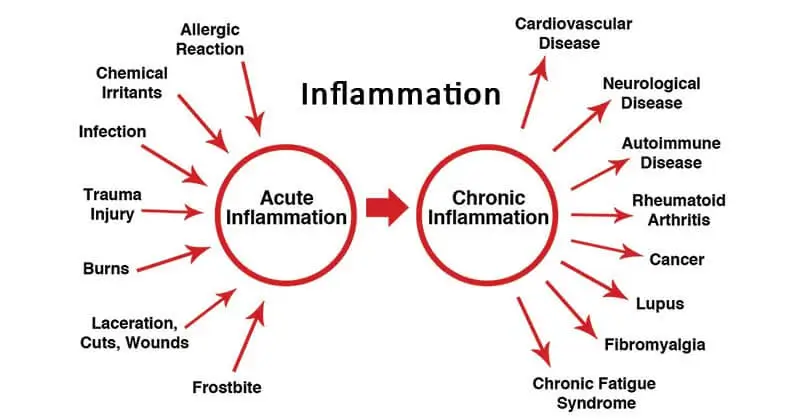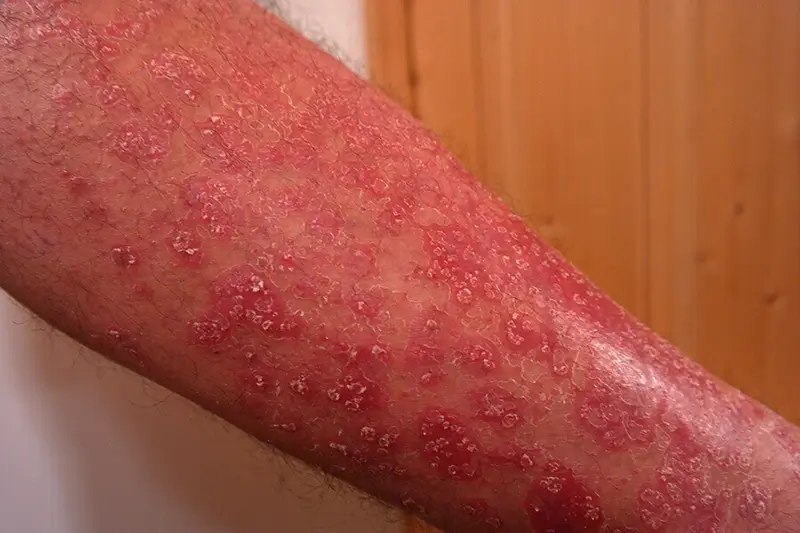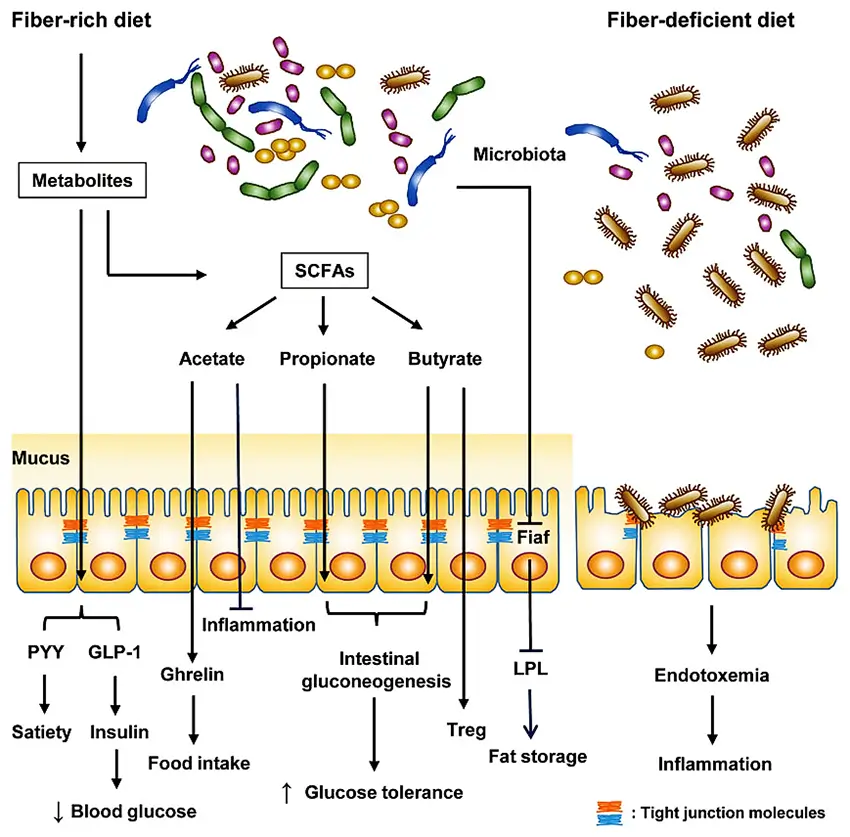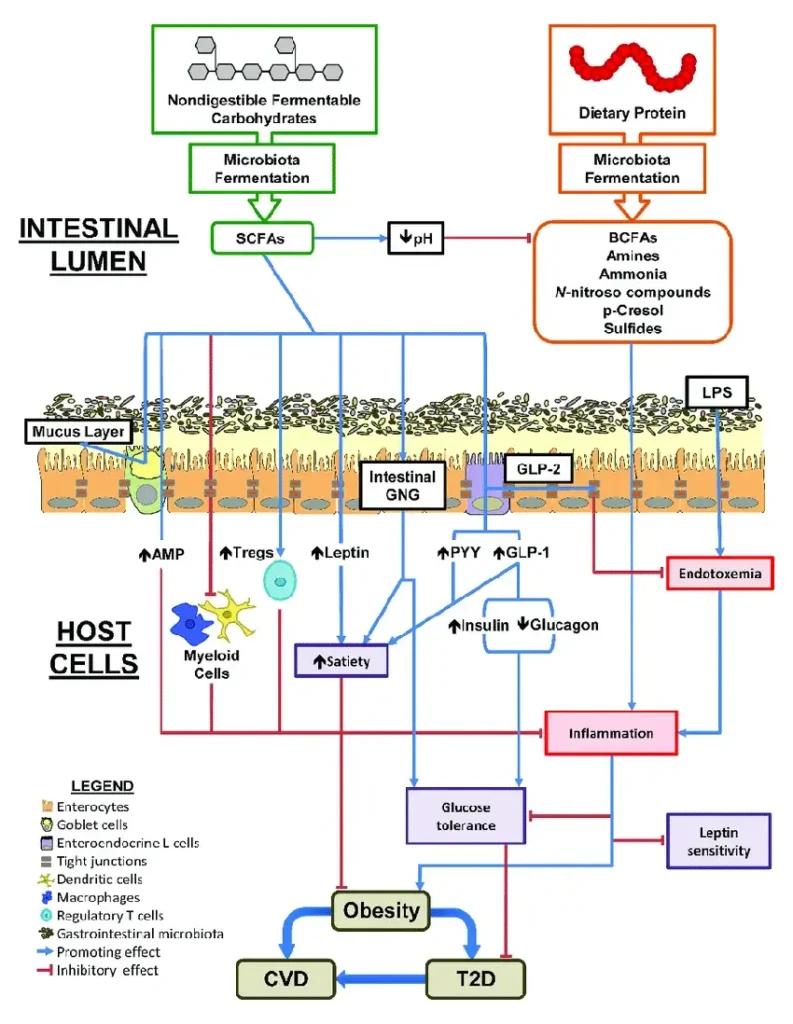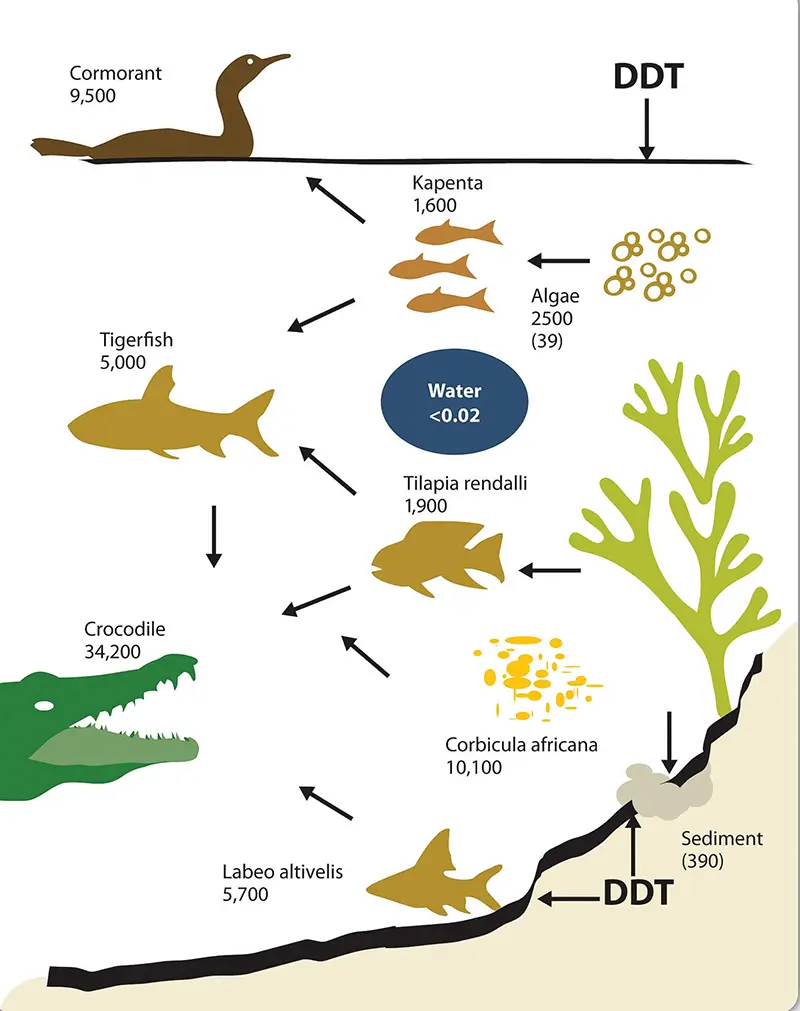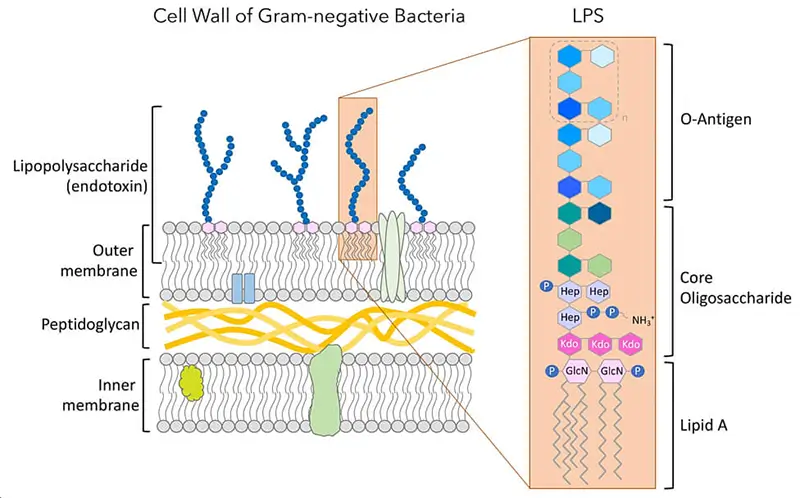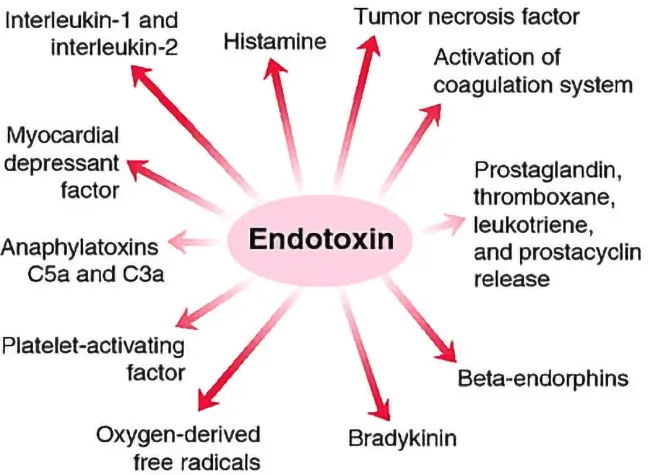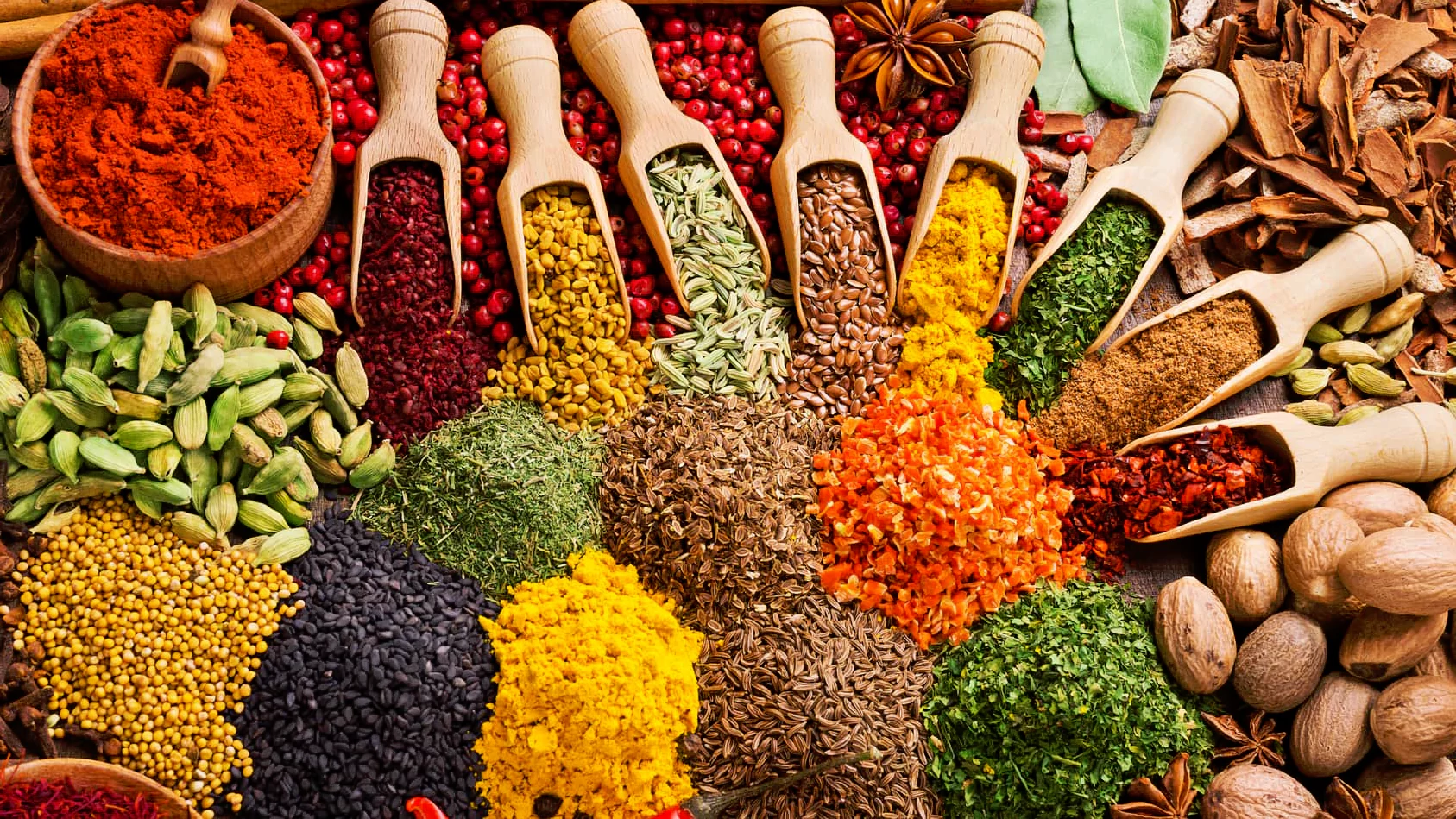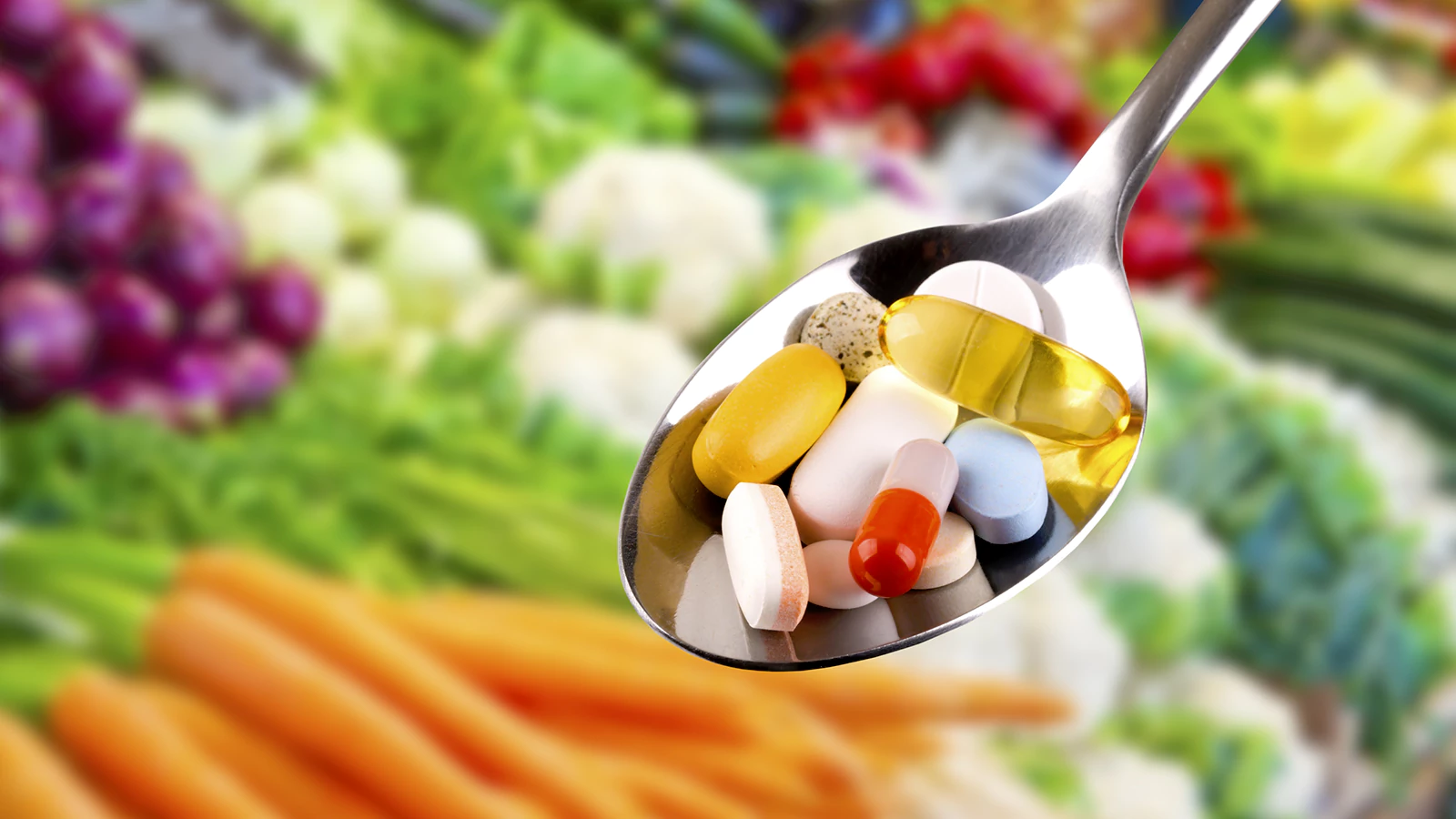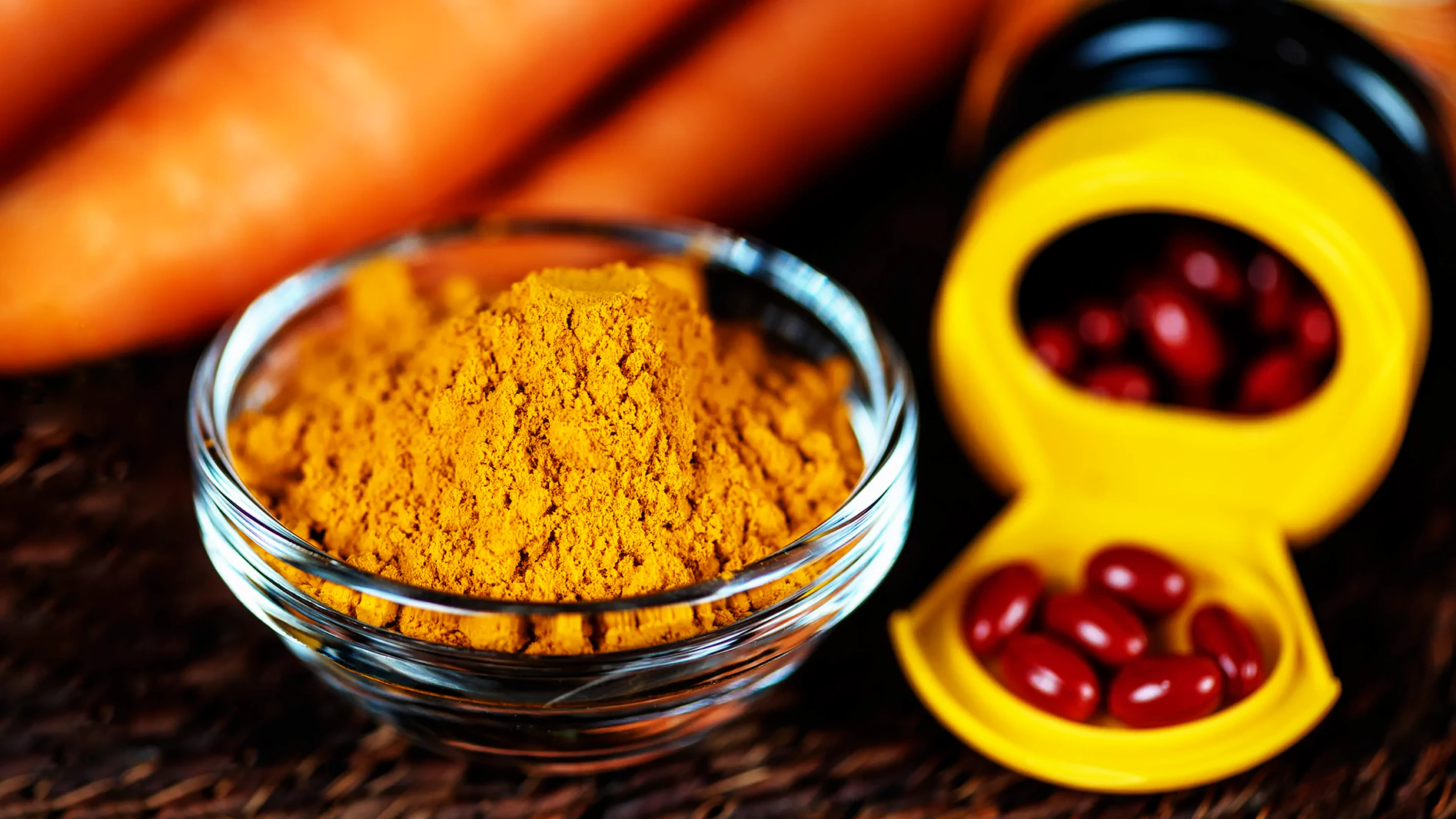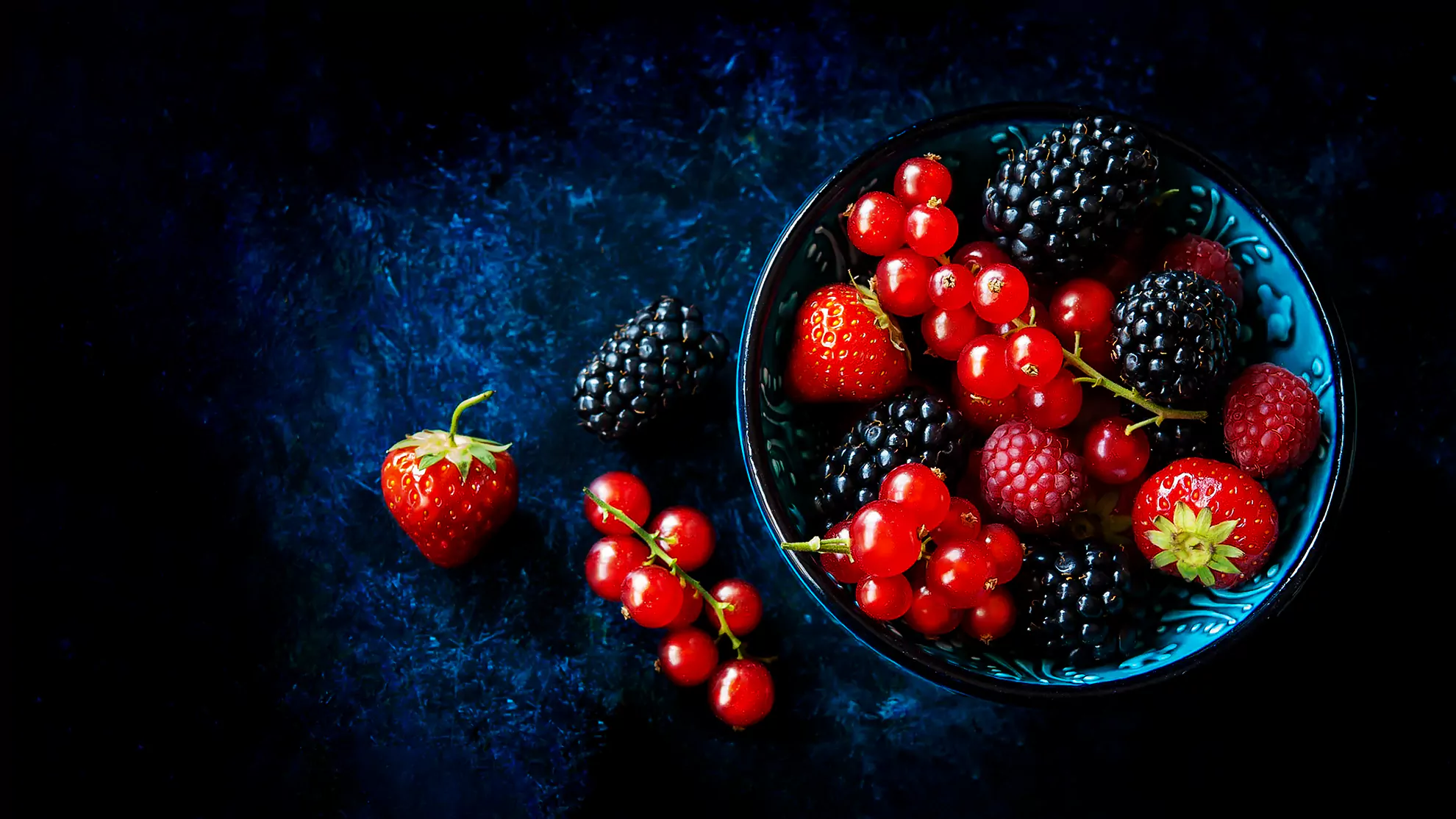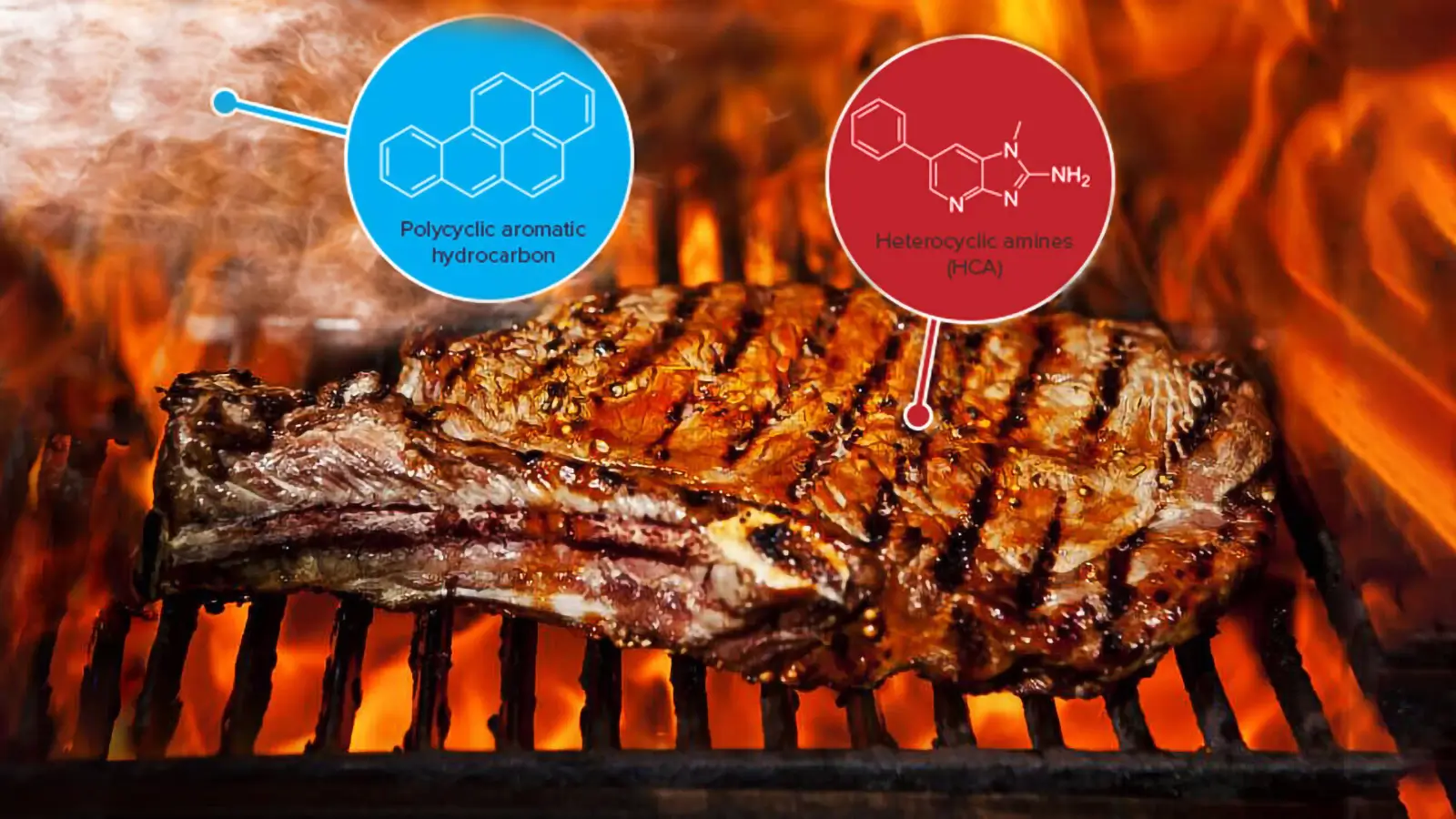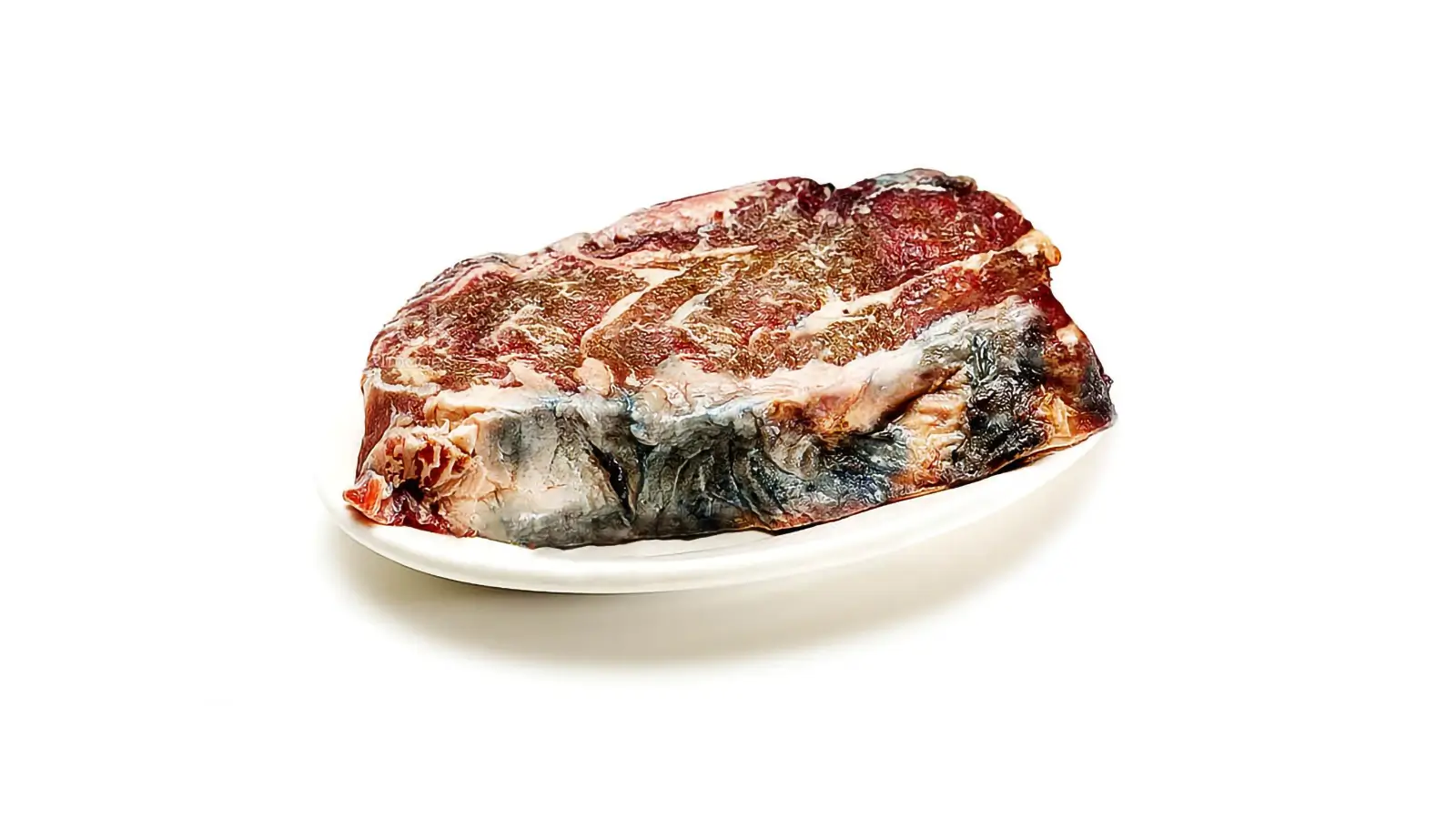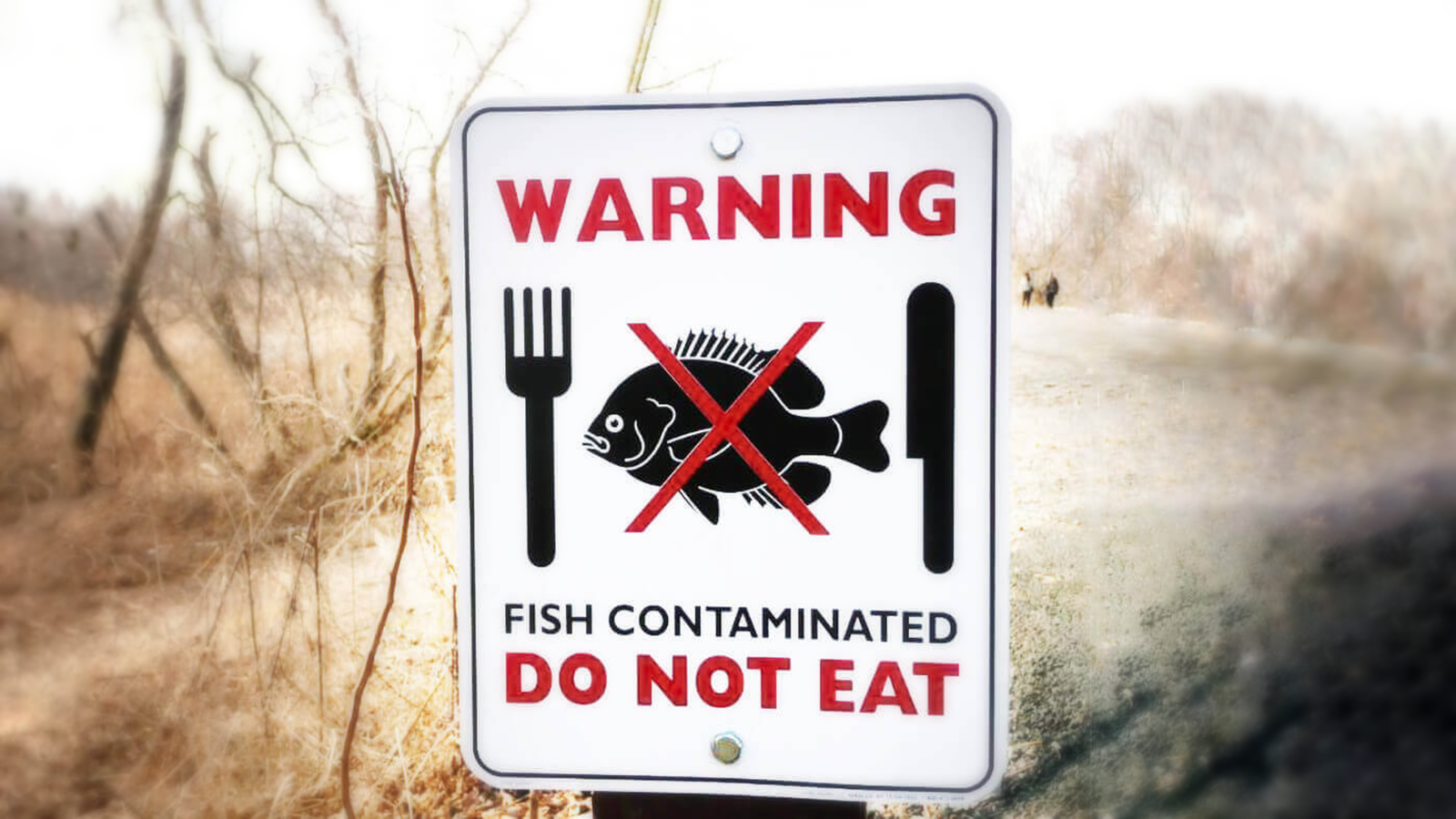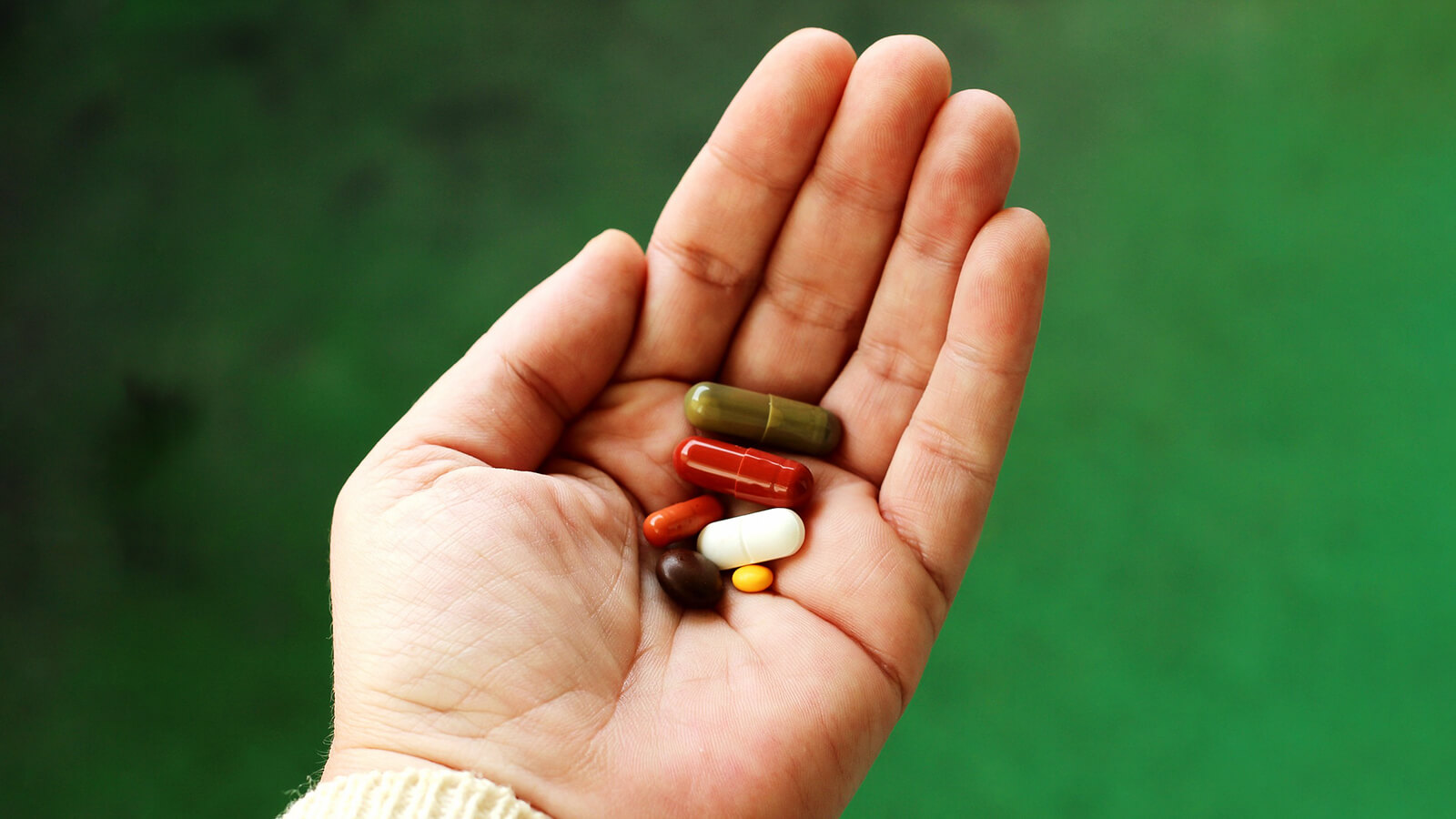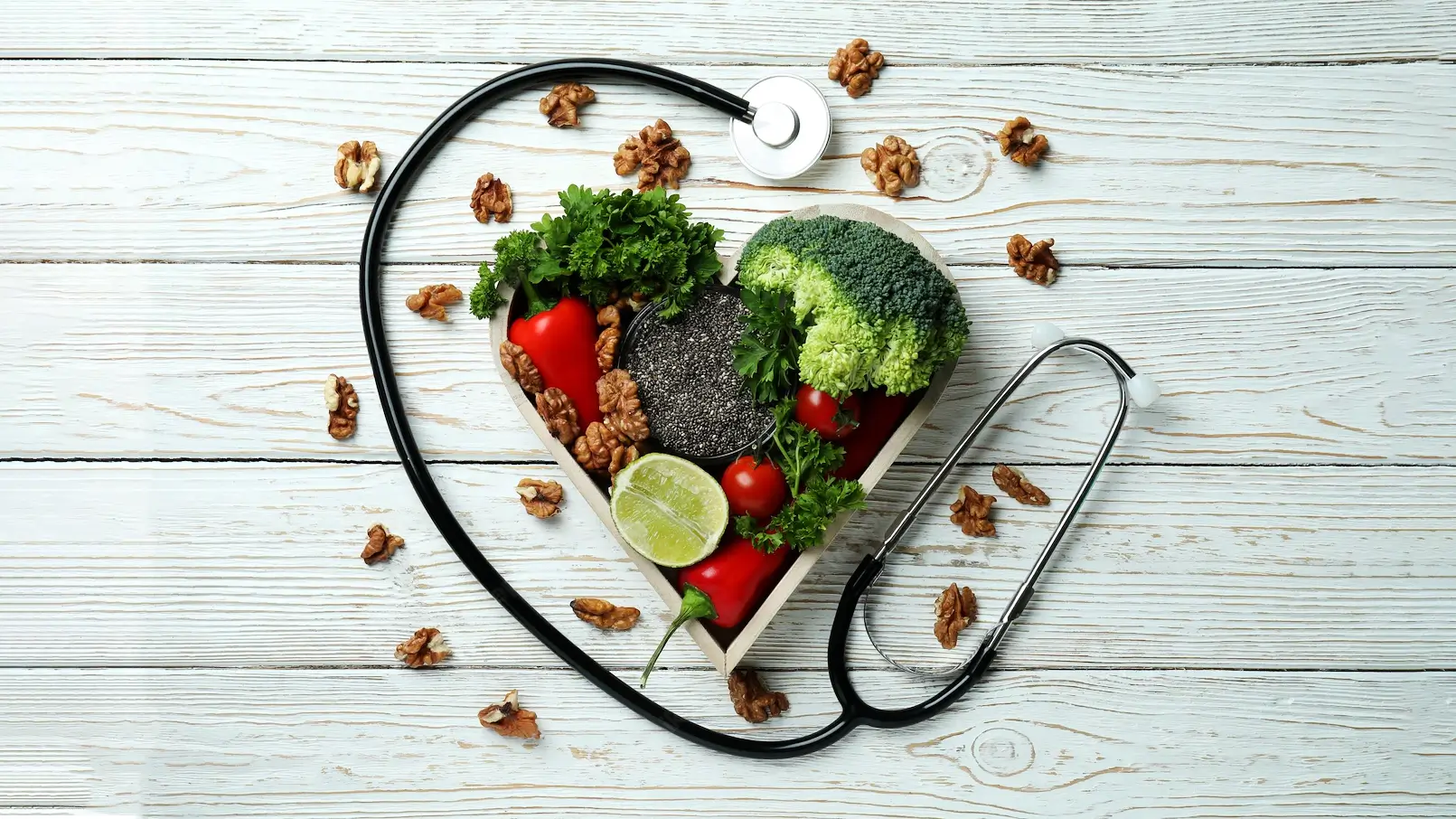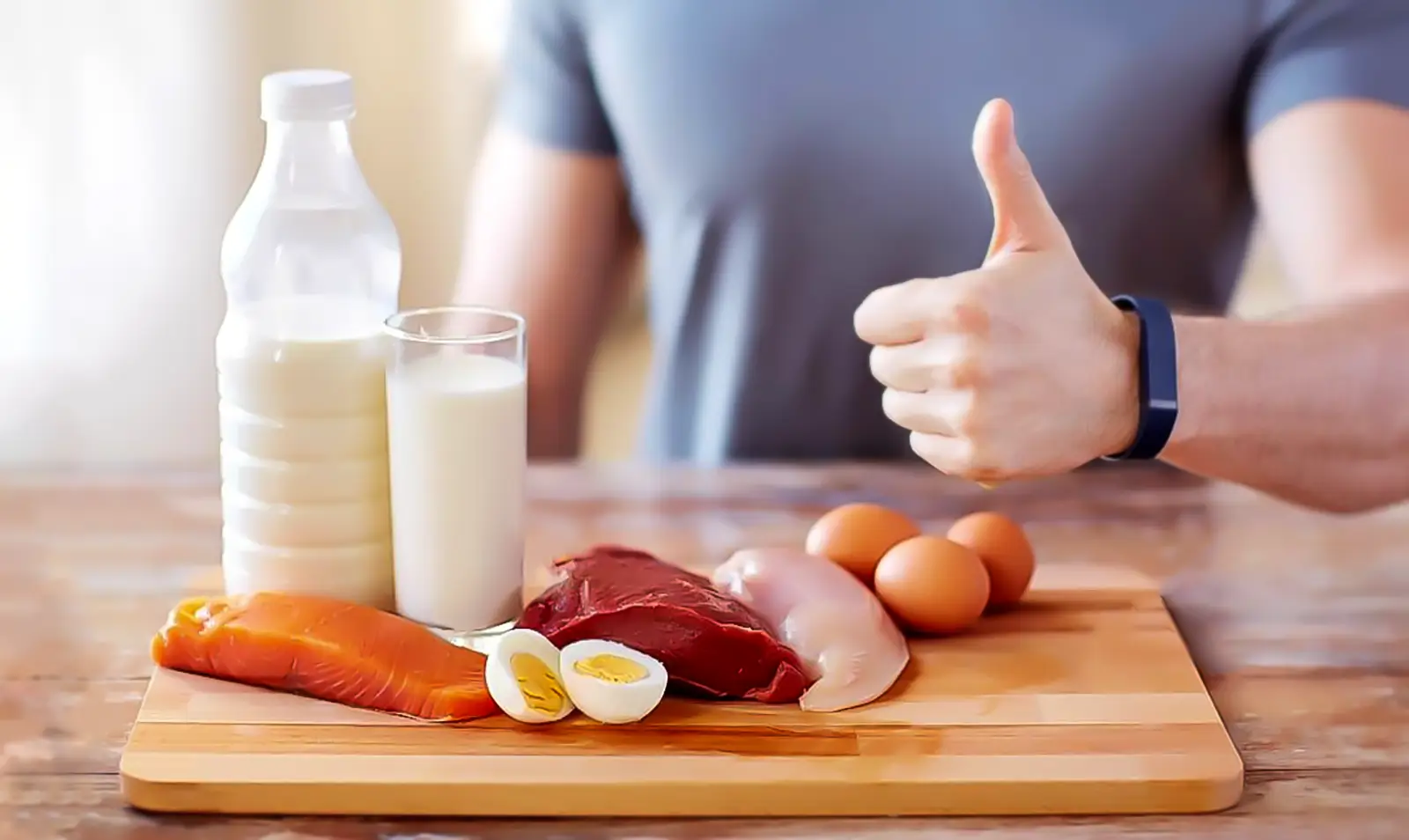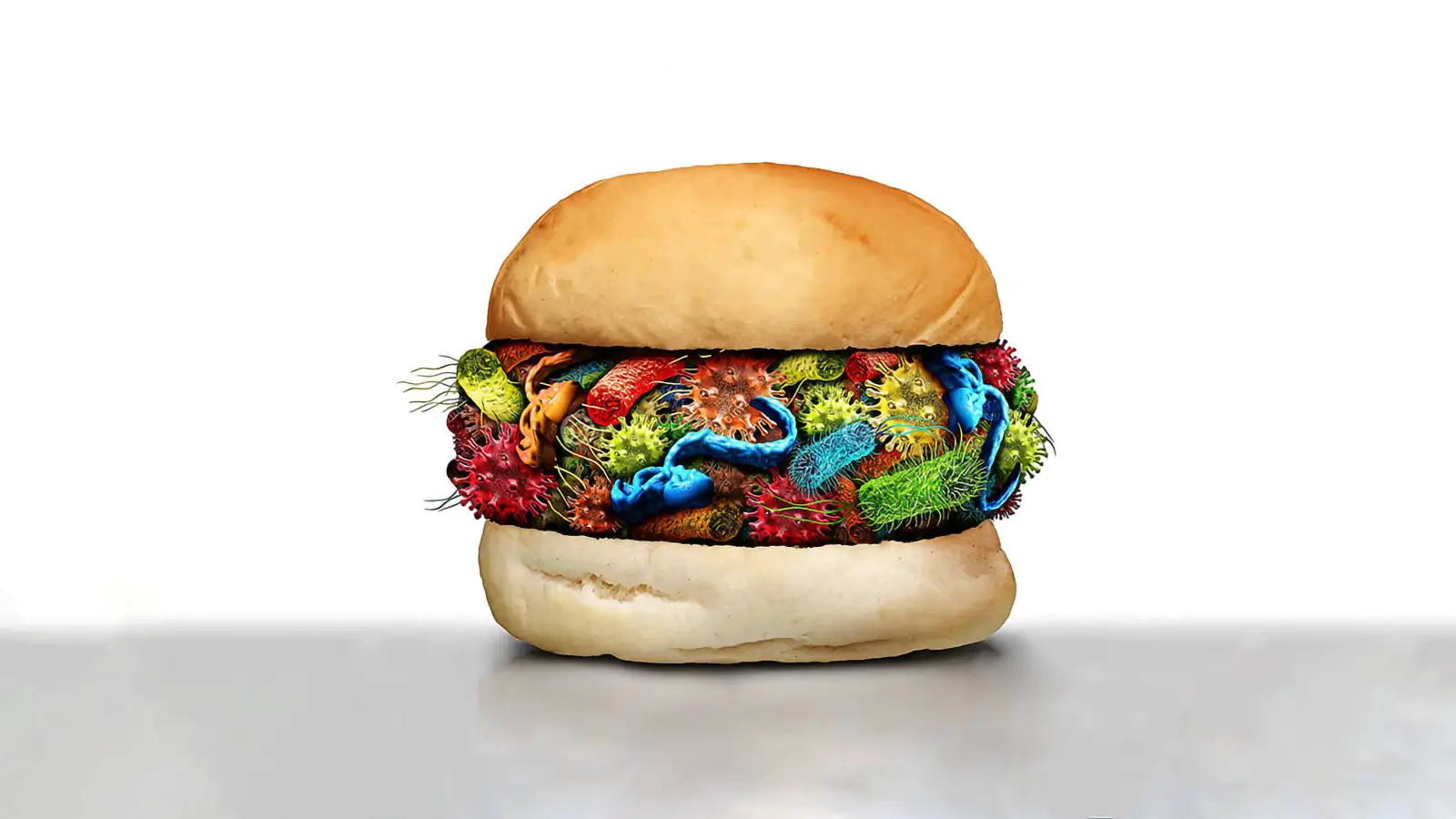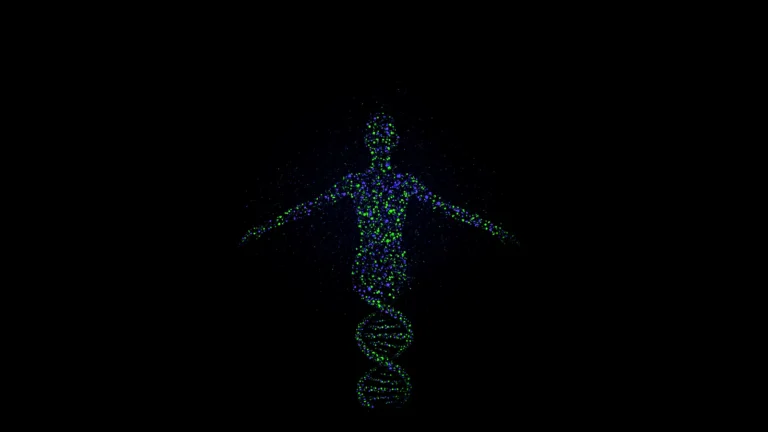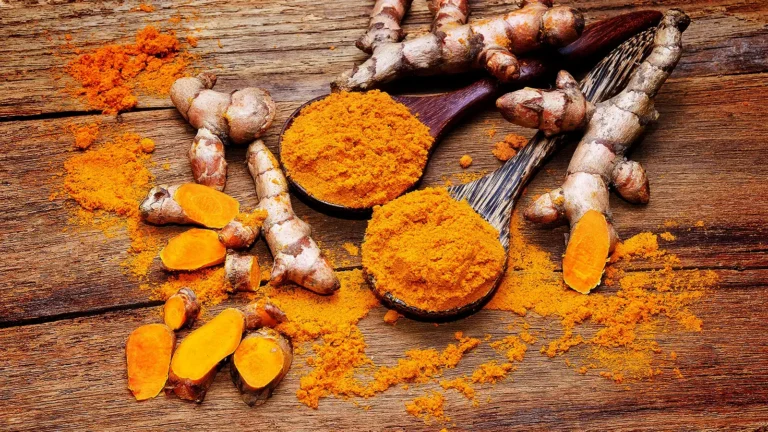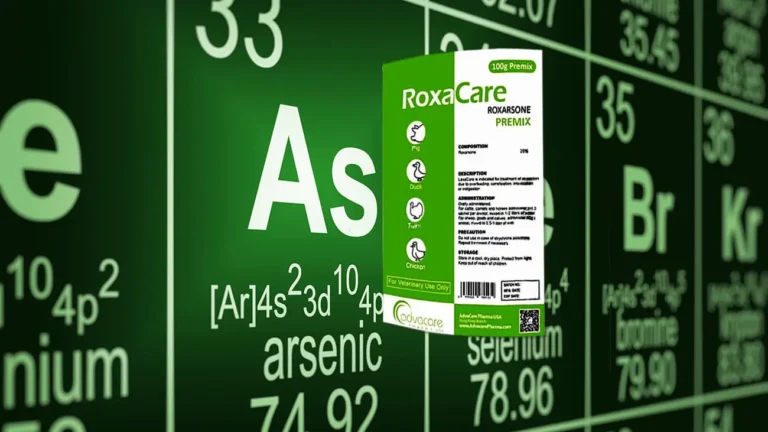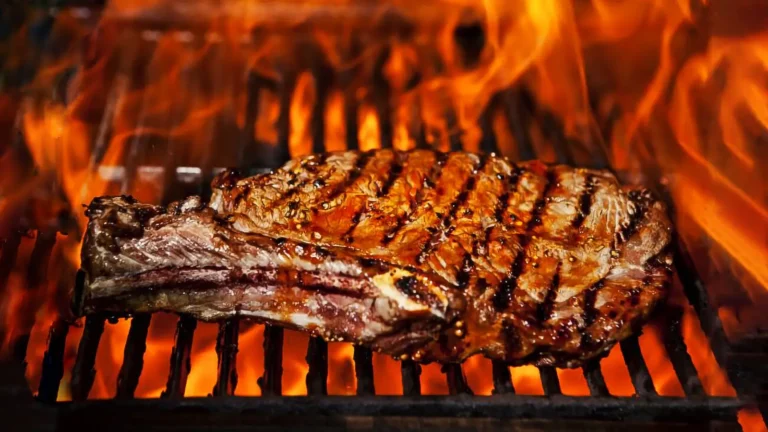Inflamação e Dieta- Argumento Vegan
Evoluímos para receber uma explosão de proteção antioxidantes quando nós comer, mas lá não estão presentes na carne. A inflamação e a dieta têm um alto nível de correlação.
Milos Pokimica
Escrito por: Milos Pokimica
Revisto Clinicamente Por: Dr. Xiùying Wáng, M.D.
Actualizado em 9 de Junho de 2023Quando o nosso ADN é danificado, seja qual for a causa (toxinas, radicais livres, vírus, etc.), o efeito visível é um aumento da inflamação. A resposta à inflamação é o mecanismo de defesa do nosso corpo. Não é a mesma coisa que infeção e as pessoas costumam misturar as duas coisas. Os agentes patogénicos criam inflamação como resposta defensiva do sistema imunitário do nosso corpo, mas não são a fonte da inflamação. A inflamação e a dieta também estão correlacionadas. A fonte da inflamação são os danos no ADN. Tudo o que danifica as nossas células é pró-inflamatório, incluindo agentes patogénicos, radicais livres e substâncias tóxicas de vários tipos. Se o nosso sistema imunitário não funcionar corretamente e começar a atacar as nossas próprias células, o efeito visível será um aumento da inflamação.
Todos nós temos um certo nível de inflamação normal e sofremos de danos no ADN a toda a hora. É por essa razão que os médicos falam de marcadores de inflamação no corpo. Estes têm um intervalo que é considerado normal. Há danos oxidativos que resultam do metabolismo natural da energia das células, há um baixo nível de agentes patogénicos com que o nosso sistema imunitário lida diariamente e há sempre algumas toxinas presentes no nosso corpo. Esta inflamação "normal" irá causar uma doença que conhecemos como o processo de envelhecimento.
Além disso, todos nós poderíamos ter uma inflamação aguda (de curta duração) por diferentes razões. Por exemplo, podemos apanhar uma infecção bacteriana. Provocaria dor e outros sintomas e estaríamos cientes disso.
Mas há outro tipo de inflamação. O tipo que combina estes dois. E que é a inflamação crónica (permanente) acima dos níveis normalmente aceites que poderiam estar presentes sem dor ou efeitos visíveis num período de tempo prolongado. Ainda estaria presente e teríamos um aumento dos nossos danos no ADN e como resultado, na fase final, teríamos alguma doença como consequência. Por exemplo, poderíamos ter cancro ou apenas aumentar a nossa taxa de envelhecimento.
Quanto maior for a inflamação global, mais danos no ADN, mais curta é a vida, maior a probabilidade de doença. Idealmente, não teríamos inflamação e não teríamos danos no ADN e viveríamos para sempre, mas isso não é possível devido ao metabolismo celular normal.
Quase todas as doenças crónicas estão associadas à inflamação crónica desde o cancro, às doenças auto-imunes, diabetes e doenças cardiovasculares, e basicamente a maioria das doenças alguma vez testadas.
Isto porque, e as pessoas não compreendem isto, a inflamação não é uma doença em si. É apenas uma reação defensiva do corpo. É um biomarcador que nos indica a quantidade de destruição do nosso ADN que temos dentro de nós. É uma resposta do sistema imunitário que pode ser reduzida artificialmente com medicamentos anti-inflamatórios. Diminuir a inflamação artificialmente se não tratarmos as doenças auto-imunes e o mau funcionamento do sistema imunitário só vai piorar as coisas. Seria a mesma coisa que baixar a temperatura corporal quando estamos com gripe. Isso faria com que o vírus da gripe desaparecesse ou apenas enfraqueceria o mecanismo de defesa do nosso sistema imunitário?
Quando lidamos com a inflamação crónica, temos de eliminar as causas profundas dos danos do ADN e não apenas a inflamação.
A forma como a dieta pode causar um aumento da inflamação é a partir de duas razões principais.
- É por si só pró-inflamatório, o que significa que possui toxinas, produtos químicos, bactérias mortas, e mutagénicos.
- Se não causar um pico de inflamação por si só, também não evita a inflamação.
Os produtos de origem animal irão causar ambos os efeitos.
Um grande pedaço, cerca de 70 por cento do nosso sistema imunitário está no nosso intestino e a maioria dos nossos gânglios linfáticos. Existem milhares de tipos diferentes de bactérias nos nossos intestinos, mas existem dois tipos básicos principais. Dois grandes grupos são diferentes um do outro. Probióticos que metabolizam as fibras e vivem em simbiose com o nosso corpo e aqueles que decompõem a carne. Se as bactérias se alimentam de carne no sentido em que o nosso tecido também é um pedaço de carne. Ao contrário dos carnívoros, evoluímos durante milhões de anos de evolução para comer alimentos vegetais ricos em fibras inteiras. Quando comemos fibra alimentamo-nos de bactérias probióticas e estas multiplicam-se.
Não são tão agressivos para o nosso organismo. O sistema imunitário terá mais facilidade em combatê-las, elas não segregarão endotoxinas perigosas na corrente sanguínea e haverá menos danos em geral e a inflamação diminuirá (Awika et al., 2018), (Telle-Hansen et al., 2018). O resultado do consumo de fibras é um aumento da saúde e uma diminuição da inflamação, enquanto os produtos de origem animal alimentam as bactérias que apodrecem a carne e aumentam a inflamação. O consumo de carne e de proteína animal irá criar um nível mais elevado de inflamação no intestino apenas por esse mecanismo.
Depois, há algumas toxinas e poluentes que estão presentes na carne devido à bioacumulação na cadeia alimentar. Todas as toxinas que se encontram no ambiente, sejam elas de origem humana ou não, resistentes ao calor e quimicamente estáveis, serão bioacumuladas. Os organismos são como filtros. Filtram tudo o que existe de bom e de mau. A situação não seria assim tão má, mas há mais um processo chamado biomagnificação. Todos nós conhecemos a acumulação de mercúrio no atum (Wu et al., 2019), microplástico (Barboza et al.,2018), ou pesticidas (Zennegg, 2018). Até à data, são conhecidas centenas de milhares de poluentes ambientais persistentes diferentes que se acumulam nos tecidos. Se compreendermos a cadeia alimentar, a acumulação de toxinas agrava-se centenas de vezes à medida que subimos (Gasull et al.,2011). Assim, o que acontece é que quando os peixes pequenos são comidos por peixes grandes, todas as suas toxinas são passadas para os peixes maiores. Comer alimentos vegetais é essencialmente a única forma de reduzir a nossa carga tóxica, para além de intervenções no estilo de vida, como deixar de fumar e evitar o álcool e outras substâncias tóxicas. Mais de 70% de todos os pesticidas que obtemos através de uma dieta, e as pessoas não compreendem este facto, são ingeridos através do consumo de carne. Os alimentos para animais também são pulverizados e os pesticidas acumulam-se nos tecidos dos animais e são resistentes ao calor. Lavar maçãs para evitar comê-las não é eficaz se a nossa dieta for dominada por produtos animais. Estas toxinas persistentes são solúveis em gordura e não podem ser metabolizadas ou decompostas.
Comer uma dieta vegana, ou por outras palavras, uma dieta baixa numa cadeia alimentar é, portanto, protectora porque quando descemos numa cadeia alimentar baixaremos a nossa carga tóxica e diminuiremos os danos no nosso ADN, e teremos uma inflamação mais baixa.
Uma outra razão pela qual os produtos de origem animal e não os alimentos vegetais são muito mais inflamatórios são as bactérias mortas. Existe um elevado nível de bactérias putrefactas na carne e o que as pessoas não compreendem é que, mesmo que as matemos ao cozinhar, continuam a ser tóxicas. As bactérias serão destruídas, mas não completamente, e pedaços delas permanecerão e não poderemos cozinhá-las mais. Alguns dos venenos mais perigosos do mundo são estas endotoxinas das bactérias da carne morta. São solúveis em gordura e serão absorvidas pelo nosso organismo após o consumo de carne, criando inflamação (López-Moreno et al., 2017).
Além disso, o processo de cozedura da carne e das proteínas animais criará agentes mutagénicos só por si, ao quebrar a estrutura molecular dos aminoácidos, e provocará uma inflamação.
Para além de serem pró-inflamatórios por si só, a segunda maior razão pela qual os produtos de origem animal são inflamatórios é o facto de não conterem antioxidantes anti-inflamatórios e outros fitoquímicos. O nosso corpo evoluiu para esperar uma explosão de antioxidantes sempre que comemos. Naturalmente, a comida é um pacote e, nos alimentos integrais, não há apenas calorias, mas também fibras, micronutrientes, como vitaminas e minerais, e muitos antioxidantes. O nosso corpo evoluiu para receber uma explosão de antioxidantes protectores sempre que comemos, mas estes não estão presentes nos alimentos de origem animal. O resultado final é um aumento da inflamação pós-prandial (pós-alimentação) (Meessen et al., 2019).
Uma dieta vegana ao contrário de uma dieta padrão americana dominada pela carne será normalmente apenas neutra e não infligirá directamente danos. Por exemplo, açúcar refinado, o amido, a farinha refinada e o óleo refinado são todos veganos e não causam directamente picos de inflamação graves. Não alimentam bactérias perigosas no intestino. Não seriam directamente pró-inflamatórios ao mesmo nível que a carne, mas ao mesmo tempo também não evitariam a inflamação. Haveria um aumento pós-prandial dos danos oxidativos devido ao metabolismo celular regular e à criação de danos causados pelos radicais livres no corpo. A forma como o nosso corpo evoluiu para combater as toxinas e os danos radicais livres no ADN é utilizando antioxidantes e outros nutrientes encontrados nos alimentos. A minha recomendação é ter pelo menos 25.000 unidades de antioxidantes na escala ORAC por dia para os vegans, e para os não-vegans, vai precisar de muito mais do que isso apenas para combater o aumento pós-prandial de danos oxidativos de todos os produtos animais que está a comer. Depois há toxinas no ambiente e mutagénicos mais a maioria de nós tem alguns maus hábitos como fumar e beber. Este artigo é escrito apenas como uma forma de introdução ao assunto para que as pessoas tenham uma compreensão básica destas questões.
Uma dieta vegana apenas para si própria como forma de dieta é puro lixo. Óleo e açúcar são ambos produtos veganos. Uma dieta alimentar completa à base de plantas com níveis optimizados de micronutrientes é a única dieta que nos pode ajudar a diminuir a inflamação crónica, e a prevenir uma vasta gama de doenças.
O factor de risco muito importante no cancro, o nosso assassino número dois, é a inflamação crónica e a deficiência do sistema imunitário. Actualmente, a maioria da população tem níveis elevados de inflamação crónica. Depois, existe numa larga escala populacional a falta de alguns micronutrientes essenciais (essenciais e alguns micronutrientes importantes não essenciais, não calorias) e antioxidantes.
Por um lado, temos compostos inflamatórios, toxinas e mutagénicos, mas por outro, faltam micronutrientes e antioxidantes. Por outro lado, há também uma elevação crónica de hormonas promotoras de cancro como o IGF-1 e o estrogénio.
Referências:
- Awika, J. M., Rose, D. J., & Simsek, S. (2018). Efeitos complementares dos polifenóis de cereais e pulsos e da fibra alimentar na inflamação crônica e na saúde intestinal. Alimentação e função, 9(3), 1389-1409. https://doi.org/10.1039/c7fo02011b
- Telle-Hansen, V. H., Holven, K. B., & Ulven, S. M. (2018). Impacto de um padrão alimentar saudável na microbiota intestinal e na inflamação sistêmica em humanos. Nutrientes, 10(11), 1783. https://doi.org/10.3390/nu10111783
- Wu, P., Kainz, M. J., Bravo, A. G., Åkerblom, S., Sonesten, L., & Bishop, K. (2019). A importância da bioconcentração na base da teia alimentar pelágica para a biomagnificação do metilmercúrio: Uma meta-análise. A ciência do ambiente total, 646, 357-367. https://doi.org/10.1016/j.scitotenv.2018.07.328
- Barboza, L. G. A., Dick Vethaak, A., Lavorante, B. R. B. O., Lundebye, A. K., & Guilhermino, L. (2018). Detritos microplásticos marinhos: Uma questão emergente para a segurança alimentar, a segurança alimentar e a saúde humana. Boletim sobre a poluição marinha, 133, 336-348. https://doi.org/10.1016/j.marpolbul.2018.05.047
- Zennegg M. (2018). Dioxinas e PCBs na carne - ainda uma questão de preocupação? Chimia, 72(10), 690-696. https://doi.org/10.2533/chimia.2018.690
- Gasull, M., Bosch de Basea, M., Puigdomènech, E., Pumarega, J., & Porta, M. (2011). Análises empíricas da influência da dieta nas concentrações humanas de poluentes orgânicos persistentes: uma revisão sistemática de todos os estudos realizados em Espanha. Ambiente internacional, 37(7), 1226-1235. https://doi.org/10.1016/j.envint.2011.05.008
- López-Moreno, J., García-Carpintero, S., Jimenez-Lucena, R., Haro, C., Rangel-Zúñiga, O. A., Blanco-Rojo, R., Yubero-Serrano, E. M., Tinahones, F. J., Delgado-Lista, J., Pérez-Martínez, P., Roche, H. M., López-Miranda, J., & Camargo, A. (2017). O efeito dos lipídios dietéticos na endotoxemia influencia a resposta inflamatória pós-prandial. Revista de química agrícola e alimentar, 65(35), 7756-7763. https://doi.org/10.1021/acs.jafc.7b01909
- Meessen, E. C. E., Warmbrunn, M. V., Nieuwdorp, M., & Soeters, M. R. (2019). Metabolismo de nutrientes pós-prandiais humanos e inflamação de baixo grau: Uma Revisão Narrativa. Nutrientes, 11(12), 3000. https://doi.org/10.3390/nu11123000
Publicações Relacionadas
Você tem alguma dúvida sobre saúde e nutrição?
Eu adoraria ouvir de você e respondê-las em meu próximo post. Agradeço sua contribuição e opinião e espero ouvir de você em breve. Eu também convido você a siga-nos no Facebook, Instagram e Pinterest para mais conteúdos sobre dieta, nutrição e saúde. Pode deixar um comentário e ligar-se a outros entusiastas da saúde, partilhar as suas dicas e experiências e obter apoio e encorajamento da nossa equipa e comunidade.
Espero que este post tenha sido informativo e agradável para si e que esteja preparado para aplicar os conhecimentos que aprendeu. Se achou este post útil, por favor partilhá-lo com os seus amigos e familiares que também possam beneficiar com isso. Nunca se sabe quem poderá precisar de alguma orientação e apoio no seu percurso de saúde.
– Você Também Pode Gostar –

Aprender Sobre Nutrição
Milos Pokimica é médico de medicina natural, nutricionista clínico, escritor de saúde e nutrição médica, e conselheiro em ciências nutricionais. Autor da série de livros Go Vegan? Revisão de Ciênciaopera também o website de saúde natural GoVeganWay.com
Medical Disclaimer
GoVeganWay.com traz análises das pesquisas mais recentes sobre nutrição e saúde. As informações fornecidas representam a opinião pessoal do autor e não pretendem nem implicam substituir aconselhamento, diagnóstico ou tratamento médico profissional. As informações fornecidas são apenas para fins informativos e não se destinam a servir como substituto para consulta, diagnóstico e/ou tratamento médico de um médico ou profissional de saúde qualificado.NUNCA DESCONSIDERE o CONSELHO MÉDICO PROFISSIONAL OU adiar a BUSCA de TRATAMENTO MÉDICO por causa DE ALGO QUE TENHA LIDO OU ACESSADO por MEIO de GoVeganWay.com
NUNCA APLIQUE QUAISQUER MUDANÇAS de estilo de VIDA OU QUALQUER MUDANÇA COMO UMA CONSEQUÊNCIA DE ALGO QUE TENHA LIDO NO GoVeganWay.com ANTES de CONSULTORIA de LICENÇA MÉDICA.
No caso de uma emergência médica, ligue para o médico ou para o 911 imediatamente. GoVeganWay.com não recomenda ou endossa qualquer específicos, grupos, organizações, exames, médicos, produtos, procedimentos, opiniões ou outras informações que podem ser mencionadas dentro.
Sugestões do Editor –
Milos Pokimica é escritor especializado em saúde e nutrição e consultor em ciências nutricionais. Autor da série de livros Go Vegan? Revisão de Ciênciaopera também o website de saúde natural GoVeganWay.com
Artigos Mais Recentes -
Superior De Saúde De Notícias — ScienceDaily
- The overlooked nutrition risk of Ozempic and Wegovyon Fevereiro 4, 2026
Popular weight-loss drugs like Ozempic and Wegovy can dramatically curb appetite, but experts warn many users are flying blind when it comes to nutrition. New research suggests people taking these medications may not be getting enough guidance on protein, vitamins, and overall diet quality, increasing the risk of muscle loss and nutrient deficiencies.
- A 25-year study found an unexpected link between cheese and dementiaon Fevereiro 4, 2026
A massive Swedish study tracking nearly 28,000 people for 25 years found an unexpected link between full-fat dairy and brain health. Among adults without a genetic risk for Alzheimer’s, eating more full-fat cheese was associated with a noticeably lower risk of developing the disease, while higher cream intake was tied to reduced dementia risk overall. The findings challenge decades of low-fat dietary advice but come with important caveats.
- MIT’s new brain tool could finally explain consciousnesson Fevereiro 4, 2026
Scientists still don’t know how the brain turns physical activity into thoughts, feelings, and awareness—but a powerful new tool may help crack the mystery. Researchers at MIT are exploring transcranial focused ultrasound, a noninvasive technology that can precisely stimulate deep regions of the brain that were previously off-limits. In a new “roadmap” paper, they explain how this method could finally let scientists test cause-and-effect in consciousness research, not just observe […]
- Why heart disease risk in type 2 diabetes looks different for men and womenon Fevereiro 4, 2026
Scientists are digging into why heart disease risk in type 2 diabetes differs between men and women—and sex hormones may be part of the story. In a large Johns Hopkins study, men with higher testosterone had lower heart disease risk, while rising estradiol levels were linked to higher risk. These hormone effects were not seen in women. The results point toward more personalized approaches to heart disease prevention in diabetes.
- Sound machines might be making your sleep worseon Fevereiro 4, 2026
Sound machines may not be the sleep saviors many believe. Researchers found that pink noise significantly reduced REM sleep, while simple earplugs did a better job protecting deep, restorative sleep from traffic noise. When pink noise was combined with outside noise, sleep quality dropped even further. The results suggest that popular “sleep sounds” could be doing more harm than good—particularly for kids.
- This unexpected plant discovery could change how drugs are madeon Fevereiro 3, 2026
Plants make chemical weapons to protect themselves, and many of these compounds have become vital to human medicine. Researchers found that one powerful plant chemical is produced using a gene that looks surprisingly bacterial. This suggests plants reuse microbial tools to invent new chemistry. The insight could help scientists discover new drugs and produce them more sustainably.
- A hidden cellular process may drive aging and diseaseon Fevereiro 3, 2026
As we age, our cells don’t just wear down—they reorganize. Researchers found that cells actively remodel a key structure called the endoplasmic reticulum, reducing protein-producing regions while preserving fat-related ones. This process, driven by ER-phagy, is tied to lifespan and healthy aging. Because these changes happen early, they could help trigger later disease—or offer a chance to stop it.
PubMed, #vegan-dieta –
- Diet type and the oral microbiomeon Fevereiro 2, 2026
CONCLUSION: The diet-oral microbiome-systemic inflammation axis is bidirectional and clinically relevant. Understanding both direct ecological regulation and indirect metabolic effects is essential to support precision nutrition strategies aimed at maintaining oral microbial balance and systemic inflammatory risk mitigation.
- Consensus document on healthy lifestyleson Janeiro 22, 2026
Proteins are a group of macronutrients that are vital to our lives, as they perform various functions, including structural, defensive and catalytic. An intake of 1.0-1.2 g/kg/body weight per day would be sufficient to meet our needs. Carbohydrate requirements constitute 50 % of the total caloric value and should be obtained mainly in the form of complex carbohydrates. In addition, a daily intake of both soluble and insoluble fiber is necessary. Regular consumption of extra virgin olive oil […]
- Vitamin B12 and D status in long-term vegetarians: Impact of diet duration and subtypes in Beijing, Chinaon Janeiro 21, 2026
CONCLUSIONS: This study reveals a dual challenge among Beijing long-term vegetarians: vitamin B12 deficiency was strongly associated with the degree of exclusion of animal products from the diet (veganism), while vitamin D deficiency was highly prevalent and worsened with longer diet duration. The near-universal vitamin D deficiency observed in this study suggests that, in the Beijing context, the risk may extend beyond dietary choice, potentially reflecting regional environmental factors;…
- Nutritional evaluation of duty meals provided to riot police forces in Germanyon Janeiro 13, 2026
Background: The primary role of the German riot police is maintaining internal security. Due to challenging working conditions, riot police forces face an elevated risk of various diseases. During duty, forces are provided with meals. A balanced diet can reduce the risk of some of these diseases and contribute to health-promoting working conditions. Aim: First evaluation of the nutritional quality of duty meals in Germany based on German Nutrition Society recommendations (DGE). Methods: In…
- Iodineon Janeiro 1, 2006
Iodine is an essential trace nutrient for all infants that is a normal component of breastmilk. Infant requirements are estimated to be 15 mcg/kg daily in full-term infants and 30 mcg/kg daily in preterm infants.[1] Breastmilk iodine concentration correlates well with maternal urinary iodine concentration and may be a useful index of iodine sufficiency in infants under 2 years of age, but there is no clear agreement on a value that indicates iodine sufficiency, and may not correlate with […]
Postagens aleatórias –
Postagens em destaque –
Últimas do PubMed, #dieta baseada em vegetais –
- From paddy soil to dining table: biological biofortification of rice with zincpor Lei Huang on Fevereiro 4, 2026
One-third of paddy soils are globally deficient in zinc (Zn) and 40% of Zn loss in the procession from brown rice to polished rice, which results in the global issue of hidden hunger, e.g., the micronutrient deficiencies in the rice-based population of developing countries. In the recent decades, biofortification of cereal food crops with Zn has emerged as a promising solution. Herein, we comprehensively reviewed the entire process of Zn in paddy soil to human diet, including the regulatory…
- Molecular Characterization of Tobacco Necrosis Virus A Variants Identified in Sugarbeet Rootspor Alyssa Flobinus on Fevereiro 3, 2026
Sugarbeet provides an important source of sucrose; a stable, environmentally safe, and low-cost staple in the human diet. Viral diseases arising in sugarbeet ultimately impact sugar content, which translates to financial losses for growers. To manage diseases and prevent such losses from occurring, it is essential to characterize viruses responsible for disease. Recently, our laboratory identified a tobacco necrosis virus A variant named Beta vulgaris alphanecrovirus 1 (BvANV-1) in sugarbeet…
- Nutrition in early life interacts with genetic risk to influence preadult behaviour in the Raine Studypor Lars Meinertz Byg on Fevereiro 3, 2026
CONCLUSIONS: Nutrition in early life and psychiatric genetic risk may interact to determine lasting child behaviour. Contrary to our hypothesis, we find dietary benefits in individuals with lower ADHD PGS, necessitating replication. We also highlight the possibility of including genetics in early nutrition intervention trials for causal inference.
- Effect of the gut microbiota on insect reproduction: mechanisms and biotechnological prospectspor Dilawar Abbas on Fevereiro 2, 2026
The insect gut microbiota functions as a multifunctional symbiotic system that plays a central role in host reproduction. Through the production of bioactive metabolites, gut microbes interact with host hormonal pathways, immune signaling, and molecular regulatory networks, thereby shaping reproductive physiology and fitness. This review summarizes recent advances in understanding how gut microbiota regulate insect reproduction. Accumulating evidence demonstrates that microbial metabolites…
- Rationale and design of a parallel randomised trial of a plant-based intensive lifestyle intervention for diabetes remission: The REmission of diabetes using a PlAnt-based weight loss InteRvention…por Brighid McKay on Fevereiro 2, 2026
CONCLUSIONS: This trial will provide high-quality clinical evidence on the use of plant-based ILIs to address the epidemics of obesity and diabetes to inform public health policies and programs in Canada and beyond.
- Diet type and the oral microbiomepor Daniel Betancur on Fevereiro 2, 2026
CONCLUSION: The diet-oral microbiome-systemic inflammation axis is bidirectional and clinically relevant. Understanding both direct ecological regulation and indirect metabolic effects is essential to support precision nutrition strategies aimed at maintaining oral microbial balance and systemic inflammatory risk mitigation.
